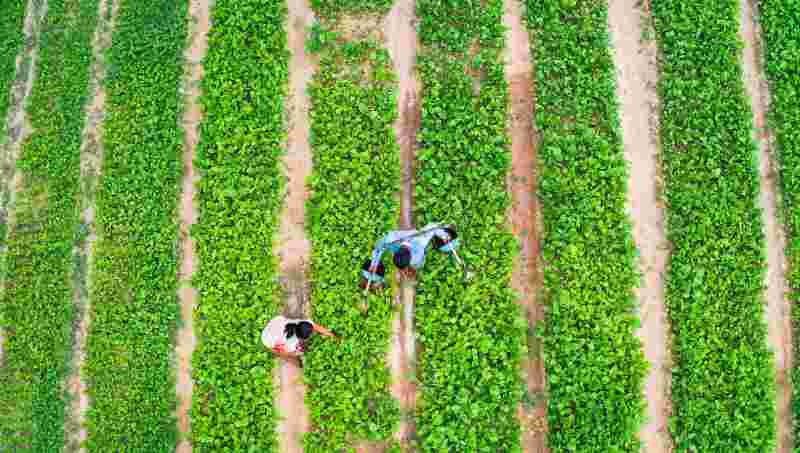

Digital Crop Survey Sustainable Agricutlture Organic Farming
A Parliamentary Standing Committee studying the implementation of the Sustainable Alternative Towards Affordable Transportation (SATAT) scheme for Compressed Biogas (CBG) has recommended the government to provide tax benefits to the CBG plants to boost the growth of this biofuel in India.
The committee, which was responsible for examining the functioning of the Ministry of Petroleum and Natural Gas (MoPNG) ‘s SATAT scheme, noted that the CBG plants are a sunrise industry and special concessions must be provided during their nascent stages.
The committee also pointed out that the GST Council recently notified a conspicuous increase in the GST slab from 5% to 12% for biogas plant-related equipment and their parts. It is expected to incentivize the domestic industry to avail the input tax credit under the GST regime.
However, the committee said there are still some ambiguities in the tax structure for these CBG plants. For example, it is not clear whether the 12% GST rate applies to all the procurements in the CBG projects.
The committee has recommended that the Ministry of Petroleum and Natural Gas (MoPNG) work with the Development of Revenue to address these tax issues and provide clarity to investors.
The government has answered the committee’s recommendations by considering providing tax benefits like income tax waiver and accelerated depreciation to CBG plants. The MoPNG is also in talks with the Department of Revenue to resolve the tax issues that the committee has raised, the ministry told the panel.
Several biofuel companies are now foraying into the CBG sector, where they want to use the same as a transport fuel for CNG vehicles, cooking fuel, or industries. The Ministry of Petroleum and Natural Gas has given hand-holding support to the CBG plant developers to develop CBG plants in the country and expand the biofuel sector, a renewable energy source.
Earlier, during a report of the panel in January this year, the panel examined the scheme’s implementation and pointed out several bottlenecks that were throttling the growth of the biofuel sector. The report highlighted the lack of support for an assured offtake of bio-manure, produced as a byproduct during bio-CNG production.
The latest report put forth before the Lok Sabha this week talked about the actions taken by different ministries and offices concerned on the 17 recommendations the panel had given to smoothen the functioning of the SATAT scheme and functioning of the CBG plants in the country.
1. The mandate for blending Compressed Biogas (CBG) with natural gas has come into effect…
Andhra Pradesh is striving towards greening its energy sector with quite some speed. In a…
With an objective to bolster India’s green energy goals, a Tripartite Agreement has been signed…
The Union MNRE Minister Pralhad Joshi launched the Green Hydrogen Certification Scheme of India (GHCI)…
India’s energy conglomerate Bharat Petroleum Corporation Limited (BPCL) has commissioned a 5MW green hydrogen plant…
In a historical development, the European Space Agency (ESA) has successfully launched its pioneering ‘Biomass’…